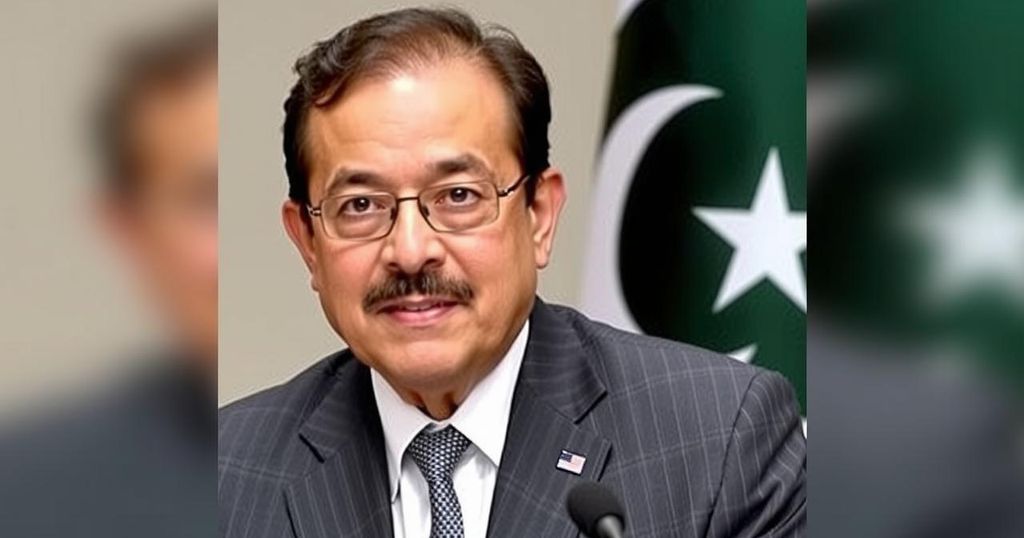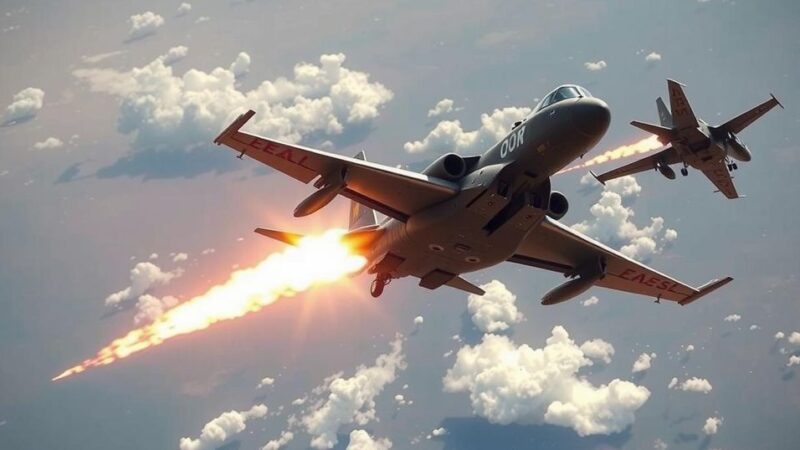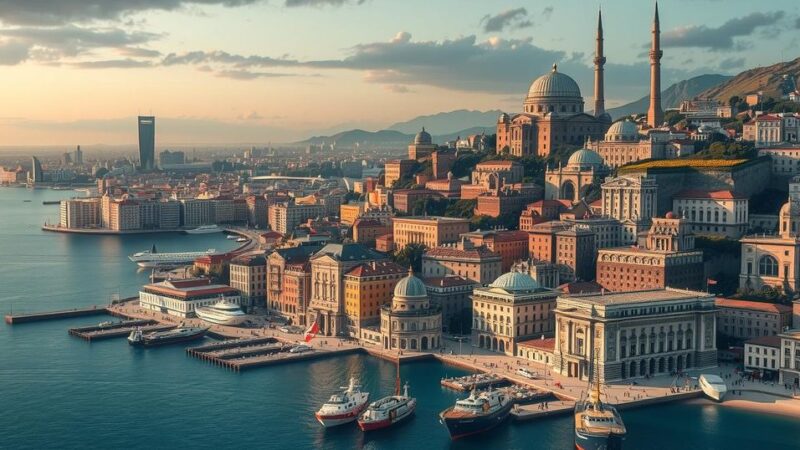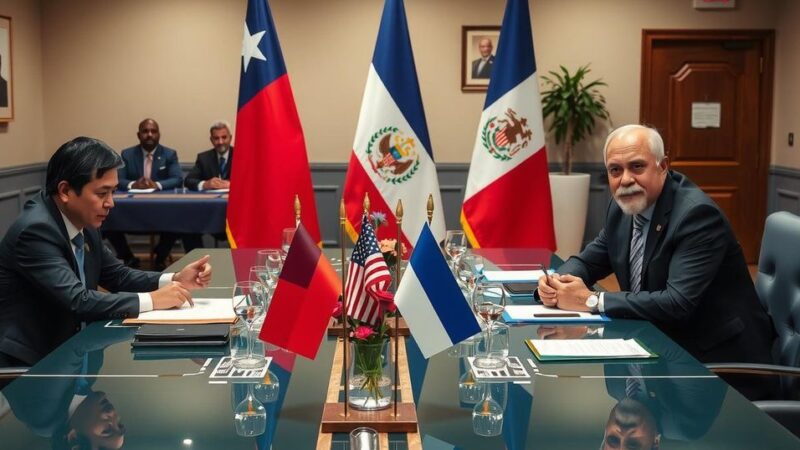Pakistan has begun its two-year term as a non-permanent member of the UN Security Council after being elected in June 2022 to replace Japan. The nation will address issues of cross-border terrorism and hopes to leverage its position to emphasize threats from Afghanistan and raise concerns regarding India’s claims over Jammu and Kashmir. This marks Pakistan’s eighth term in the Council and begins a critical phase of diplomatic engagement until December 31, 2026.
Pakistan has officially commenced its two-year tenure as a non-permanent member of the United Nations Security Council. Elected in June the previous year to represent the Asia-Pacific region, Pakistan succeeded Japan. On January 2, 2023, the UN Security Council held a formal ceremony in which the flags of Pakistan, Denmark, Greece, Somalia, and Panama were raised, signifying their new roles on the Council. The event was attended by Asim Iftikhar Ahmed, Additional Permanent Representative of Pakistan to the UN.
This marks Pakistan’s eighth term on the Security Council, a platform through which it can significantly influence international discussions, particularly regarding terrorism. As a member, Pakistan will also participate in the Islamic State and Al-Qaeda Sanctions Committee, which oversees the identification of terrorist entities associated with these groups. According to Dawn, this provides a significant opportunity for Pakistan to draw global attention to cross-border terrorism originating from Afghanistan, specifically condemning attacks perpetrated by groups linked to the Islamic State and al-Qaeda.
Pakistan’s position on the Council will likely enable it to advocate for measures addressing threats emanating from Afghan territory, including those posed by the Tehreek-e-Taliban Pakistan. Additionally, there are concerns that Pakistan may utilize its membership to challenge India’s claims over Jammu and Kashmir. This dual focus on regional stability and territorial disputes highlights the complexities of Pakistan’s diplomatic maneuvering during its term, which will conclude on December 31, 2026.
The United Nations Security Council serves as a critical decision-making body in international relations, addressing issues related to peace and security. Non-permanent members are elected for two-year terms, providing them the opportunity to influence discussions and decisions affecting global geopolitical stability. Pakistan’s current term is significant, as it has historically faced challenges regarding terrorism and regional security, particularly in relation to Afghanistan and India. Its membership accentuates Islamabad’s role in addressing security matters and amplifying its concerns on the international stage.
Pakistan’s two-year term as a non-permanent member of the UN Security Council positions it to address pressing regional and global security issues. With its membership, Pakistan not only aims to spotlight terrorism threats linked to Afghanistan but may also seek to challenge India’s stance on Kashmir. As it embarks on this significant diplomatic journey, the implications of its actions will be closely observed by the international community until its term concludes in December 2026.
Original Source: www.afintl.com







